
I Chased Small Wins and It’s Giving Me Freedom
When I started focusing on small wins instead of pursuing the big, grand picture, I discovered the most success I’ve ever had.

When I started focusing on small wins instead of pursuing the big, grand picture, I discovered the most success I’ve ever had.

Living with a mental illness, we live with more intense emotions. Learning to manage our emotions healthily is a vital part of the process.

It can take time and careful examination, but identifying our hidden triggers is an important step on our road to mental health.
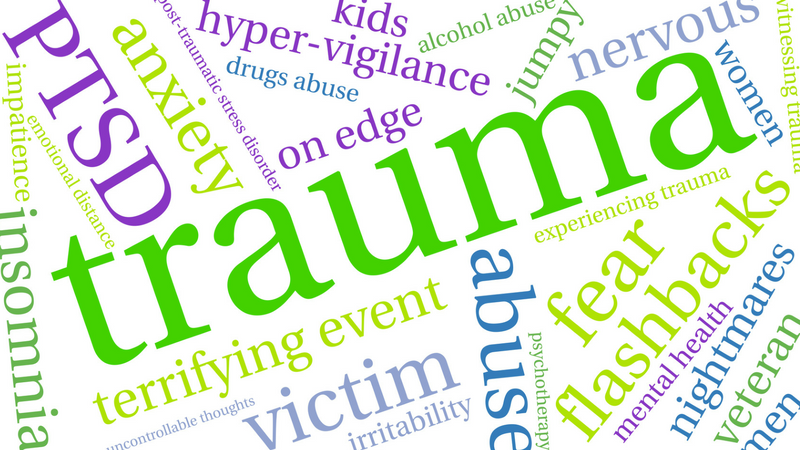
James Prescott shares his story of encountering triggers and shares what he’s learned about identifying and managing them.
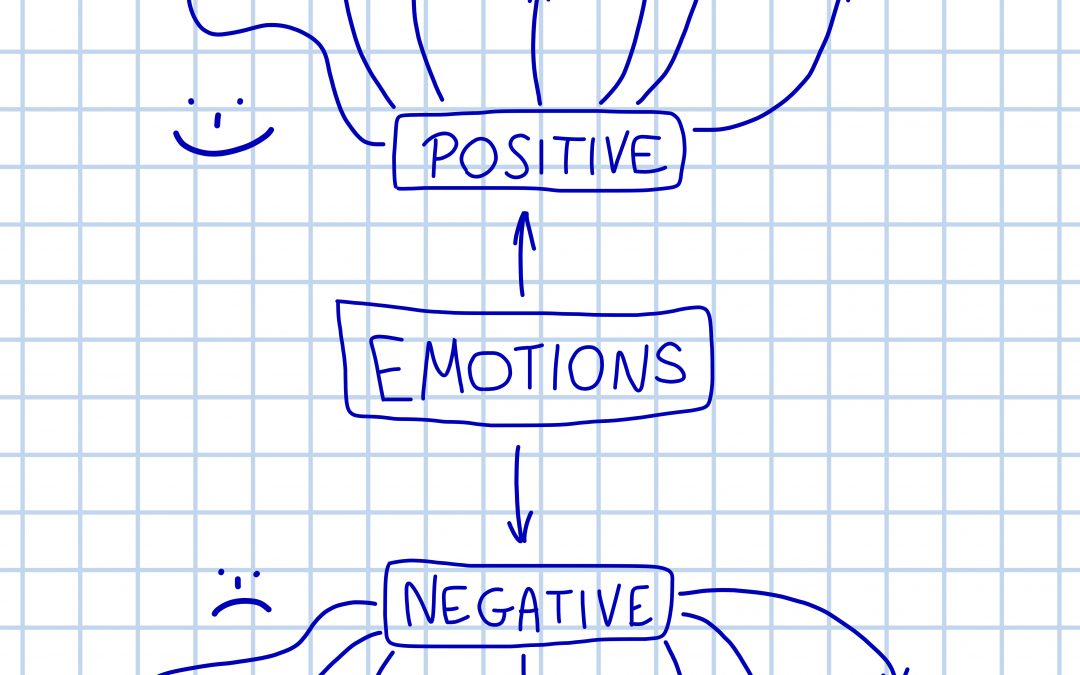
We tend to look at our emotions as “good” or “bad.” In reality, our emotions tell us important information about ourselves.
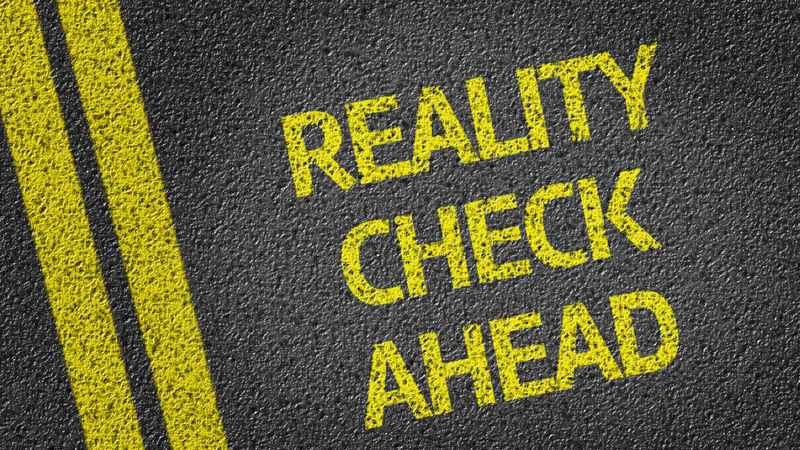
With some difficult situations, our only choice is radical acceptance; we gain peace when we acknowledge we cannot change or fix a situation.

When our helpfulness crosses the line into people-pleasing, we create friction in our lives. Remembering that every “yes” is connected to a “no” can help.

One thing I’ve learned is that your baby step may be my long jump. Sometimes, even baby steps are too big. That’s why I advocate for micro-steps.
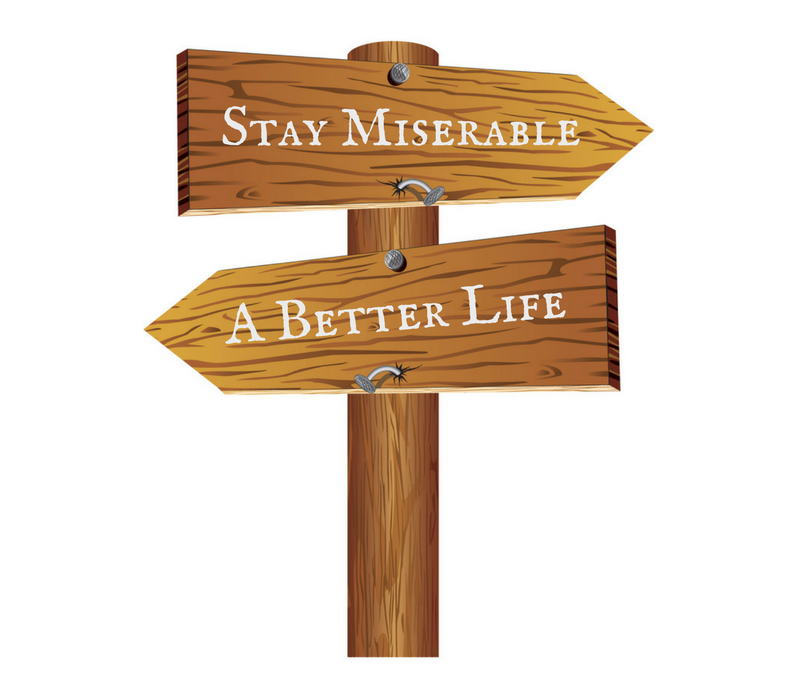
It’s exciting to witness that moment when someone realizes that their diagnosis means that a better life is possible for them.

There are several excuses we give ourselves to explain why we don’t ask for the help we need. None of them are accurate, though we believe they are.

Everyone hits a crisis point, a point at which they look around at their lives and wonder how they got to that point. Life is chaos, and chaos destabilizes.
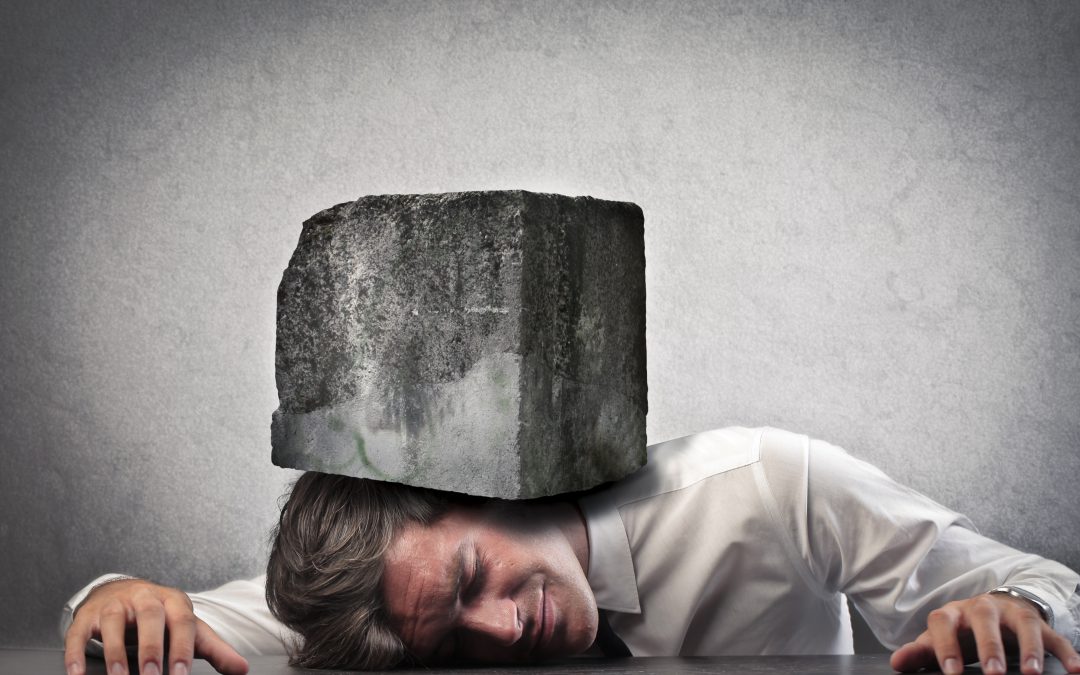
“Shoulds” are boundary-crossers. The real problem is when we adopt these external “shoulds” for ourselves. Casting them off can change our lives.
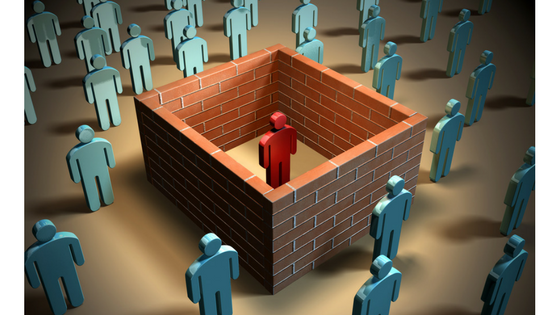
There are few topics that hit as hard within the mental health community as stigma. The natural question is: How do we end the stigma around mental illness?
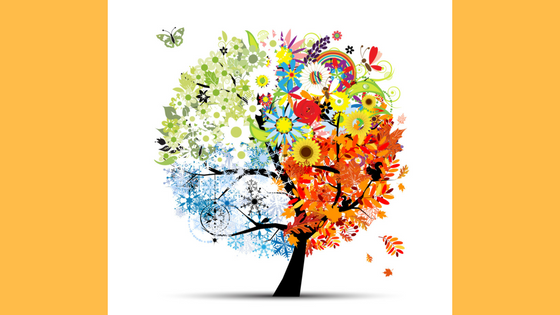
Many of our mood changes are cyclical. By tracking our moods, we can learn the identifying factors of a cycle change and take steps to manage them.

One piece of standard advice from mental health professionals to those on the road to recovery is to start giving. Sure, I’ve had a few moments when I’ve been glad I volunteered, but I’ve also felt resentful of the imposition on my time. Resentment and a giving heart do not go hand-in-hand. This time was different.

“It’s probably just me” properly translates to a much more powerful phrase: “I’m the only one, and I’m all alone.” It’s not true. You aren’t alone.

Meditation. It’s one of those words that brings up instant reactions for most people. For many, it brings with it a sense of spacey-sounding music and chanting. For others, there is an association with religion — particularly Taoist and “Eastern” philosophies. In reality, meditation is simply the practice of being still.

We all have an “automatic tape” in our heads that provide default responses to situations. Learn why the automatic tape exists and how to rewrite it.
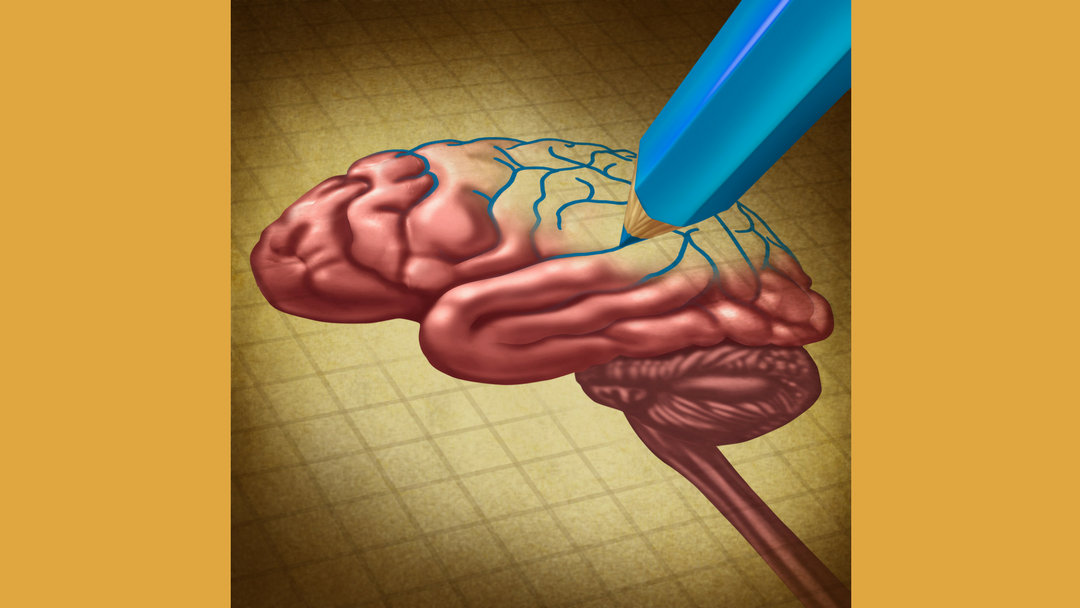
The automatic tapes in our heads often contain Thinking Distortions. Changing them requires patience, effort, and the exercise we discuss here.
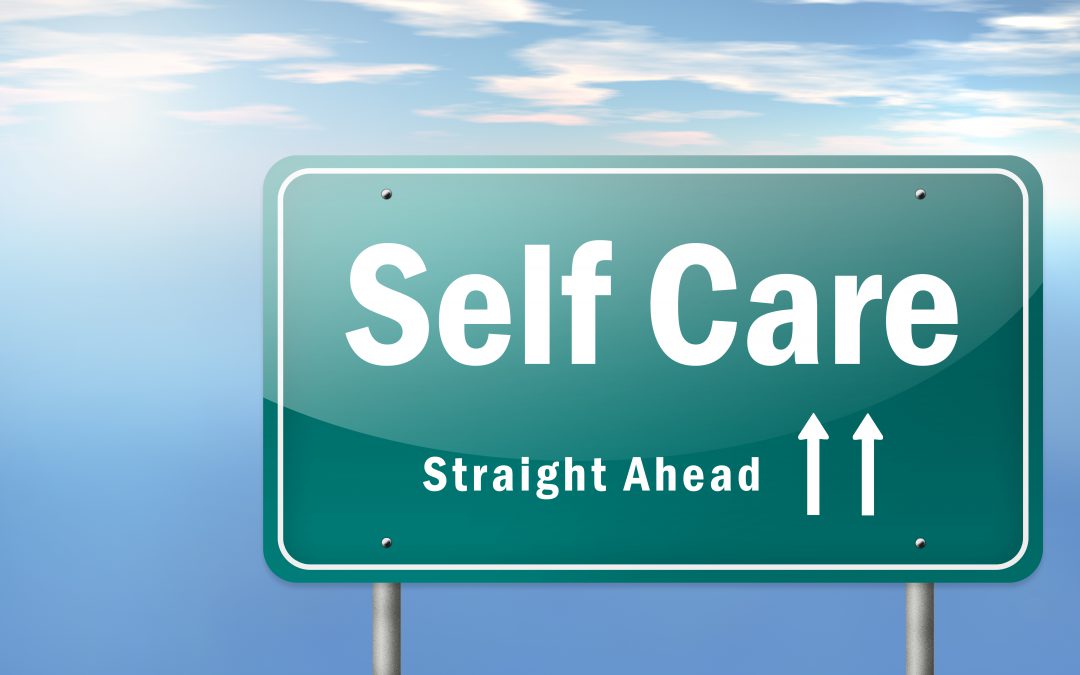
Even when we know the importance of putting together a good self-care plan, it can feel overwhelming to do. Four pillars? Each pillar has multiple pieces? The heart races and the breathing gets shorter. Let’s slow it down and tackle this process – together.